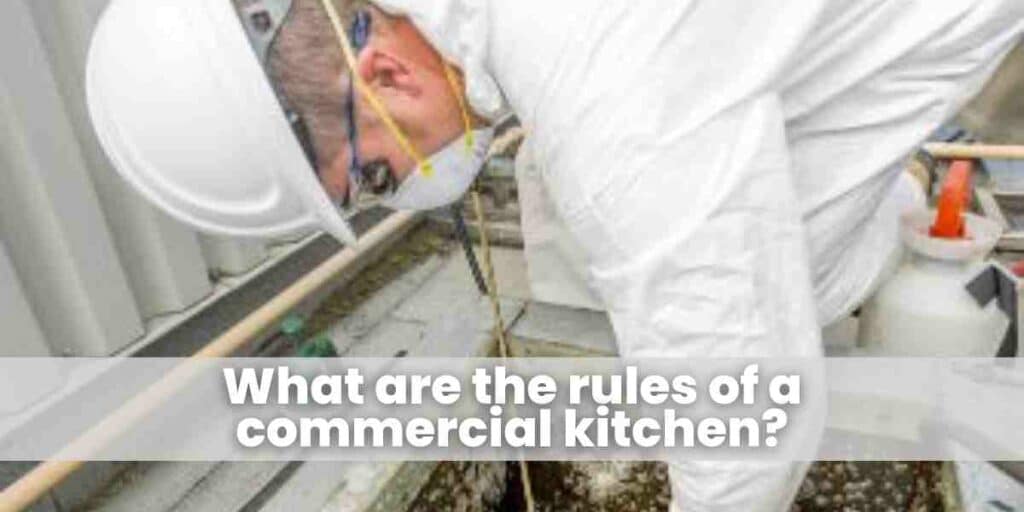The Importance of a Commercial Kitchen
A commercial kitchen is a food preparation area that is subject to stricter rules and regulations than a residential kitchen. The main reason for this is that commercial kitchens handle large quantities of food, which increases the risk of foodborne illness. As a result, commercial kitchens must follow strict sanitation rules to ensure the safety of their customers.
Commercial kitchens must also follow fire safety regulations to minimize the risk of fires and explosions. In addition, temperature management is essential in a commercial kitchen to prevent the growth of bacteria. Food Hygiene is another important consideration in a commercial kitchen, as it ensures that food is properly cooked and stored. Finally, waste disposal is critical in a commercial kitchen to prevent the spread of disease.
Sanitation
The first and most important rule of a commercial kitchen is sanitation. This means that all surfaces must be cleaned regularly with hot water and soap. Foods must be stored properly to prevent cross-contamination. All utensils and equipment must be washed thoroughly after each use.
Fire Safety
Commercial kitchens are at high risk for fires due to the presence of stovetops, ovens, and other heat sources. To minimize the risk of fire, all flammable items should be kept away from heat sources. Grease should be cleaned up immediately, as it can easily catch fire. Fire extinguishers should be readily accessible in case of an emergency.
Temperature Management
Bacteria thrive in warm environments, so it is essential to keep foods cold when they are not being cooked. This can be accomplished by storing foods in refrigerators or freezers. Foods that are being cooked should be heated to the proper temperature to kill bacteria.
Food Hygiene
It is important to practice good food hygiene in a commercial kitchen to prevent the spread of disease. This means cooking foods at the proper temperature, storing foods properly, and washing your hands frequently.
Waste Disposal
Waste should be disposed of properly in a commercial kitchen to prevent the spread of disease. garbage cans should have tight-fitting lids to keep out pests. Food scraps should be composted or discarded in a sealed container so that they cannot attract pests.
As you can see, there are many considerations that go into running a safe and efficient commercial kitchen. By following these guidelines, you can help ensure that your customers enjoy their meals without worry!

